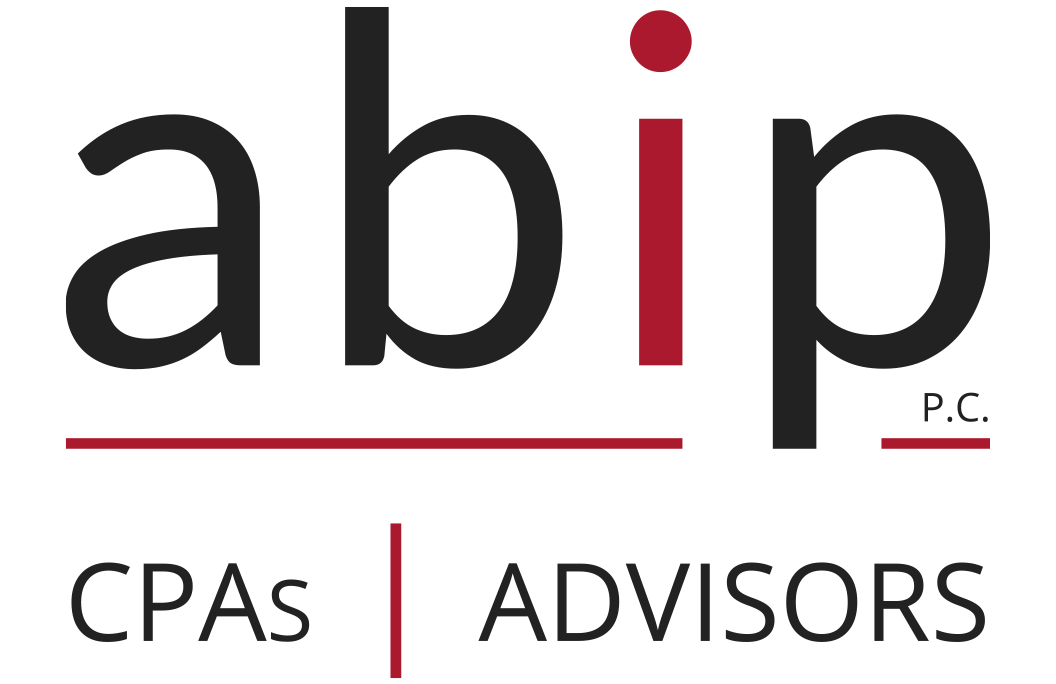Disaster Relief Payments
In light of Hurricane Harvey, many employers are looking for ways to assist employees that were affected by the storm.
Internal Revenue Code Section 139 allows an individual to exclude qualified disaster relief payments from gross income and payroll taxation. The law was originally enacted in 2001 as relief to victims of terrorist acts, but remains in effect as relief for victims of natural disasters as well.
An employer may provide qualified disaster relief payments to an employee. The amounts are not taxable to the employee and are deductible by the employer. To qualify as a disaster relief payment, the payment must meet the following requirements:
- The payment is to reimburse or pay for personal, family, living or funeral expenses as well as costs of home repair and replacement of personal items due to a qualified disaster.
- The employee is located within the declared disaster area.
- The expenses incurred have not been reimbursed by insurance or another source.
- The payment is not for lost income or compensation.
The employee is not required to provide substantiation (receipts) for the amounts spent, provided that the amount of the payments are reasonably expected to be in line with the expenses incurred. Employers should confirm the employees meet the above requirements. Although not required, it is recommended that this is done by a written acknowledgment, application, or written policy describing how the payments will approximate the expenses incurred by the employee.
In addition, even though the payments are not taxable for federal income tax purposes, employers should check that the payments are not includable for retirement plan purposes or for state taxes.






